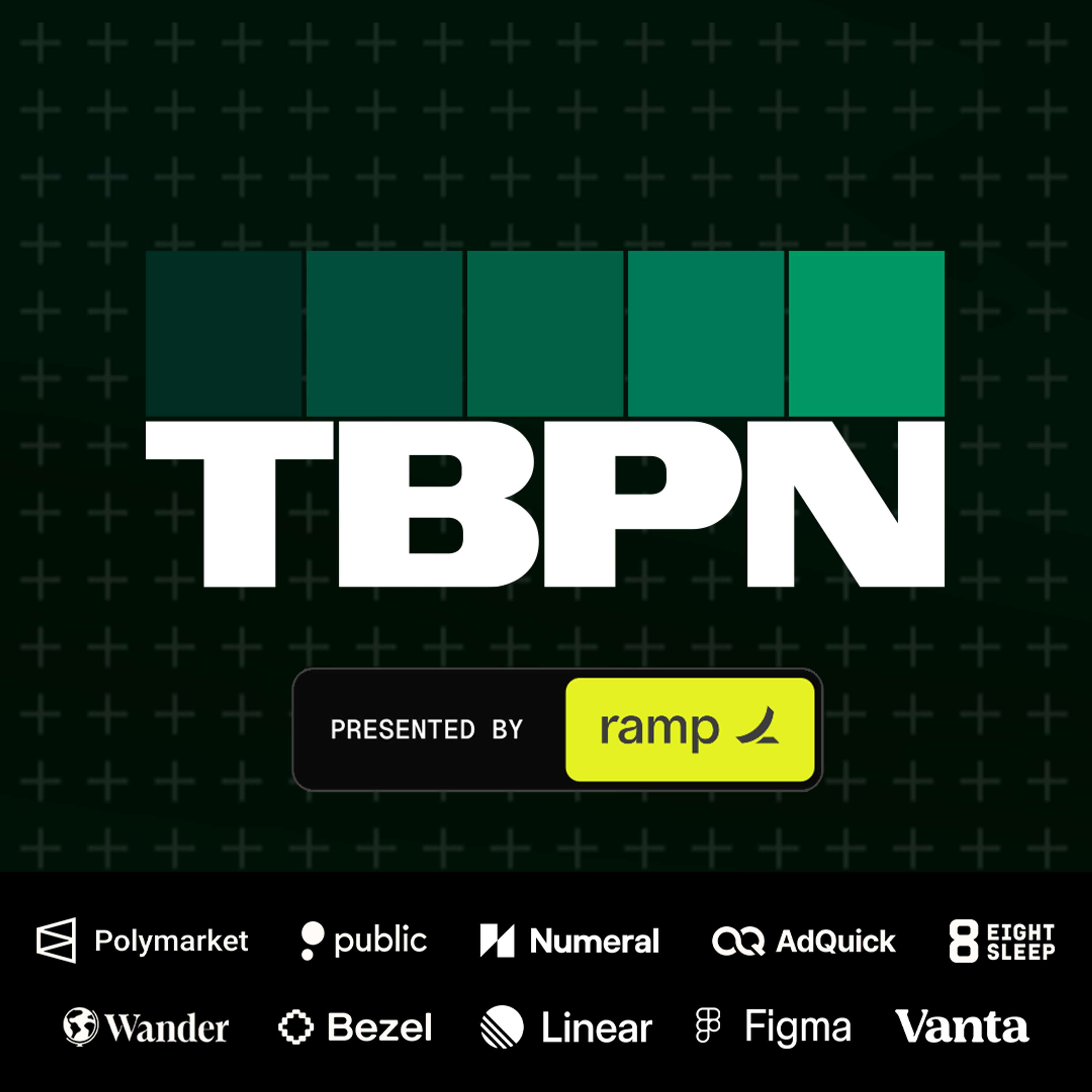
Grok 4 Launch Breakdown, OpenAI to Release Web Browser | Chris Paik, Will Bruey, Joel Becker, Dylan Parker, Eric Olson, Ghita Houir Alami, Elliot Hershberg, Karim Atiyeh
🤖 AI Summary
Overview
This episode dives into the launch of Grok 4, the evolving AI landscape, and its applications across industries, from web browsers to space-manufactured pharmaceuticals. Guests include leaders in AI, biotech, and finance, discussing breakthroughs, challenges, and the future of their fields.
Notable Quotes
- The amount of time and money wasted at companies doing BS work is just insane.
- Kareem Atiyeh, on Ramp's mission to eliminate inefficiencies with AI agents.
- Imagine a world where humans are getting in your way of doing something—you hate them. But there are times when only humans will do.
- Chris Paik, on the nuanced role of AI in human interaction.
- We’re not missing anything in terms of tech capabilities for AI agents to do taxes—it’s all about context and UX now.
- Kareem Atiyeh, on the future of AI-driven automation.
🚀 Grok 4 Launch and AI Benchmarks
- Grok 4 achieves top scores on benchmarks like Humanity's Last Exam,
showcasing PhD-level problem-solving across domains.
- Debate arises over the relevance of benchmarks versus real-world utility. Joel Becker highlights a study showing AI tools slowed experienced developers on complex projects, challenging assumptions about AI's immediate productivity gains.
- The focus shifts to cost per token and latency optimization, with companies like Ramp prioritizing practical applications over theoretical benchmarks.
🌐 OpenAI's Browser and the New Browser Wars
- OpenAI plans to launch a Chromium-based browser, competing with Perplexity's Comet and the browser company’s Dia.
- These browsers aim to integrate AI deeply into user workflows, but speed remains a critical factor for adoption.
- The rise of AI-powered browsers signals a shift in how users interact with the web, blending search, productivity, and personal assistance.
🛰️ Space-Driven Pharmaceutical Innovation
- Will Bruey of Varda Space Industries explains how microgravity enables the creation of purer, more uniform drug formulations.
- Current capacity allows for 20 kilograms of production per capsule, with plans to scale as launch costs drop.
- Varda aims to establish global reentry sites to increase production cadence, positioning space as a critical frontier for pharmaceutical advancements.
📚 AI in Academic Research
- Eric Olson of Consensus discusses building an AI-powered search engine tailored for academic research, emphasizing citation-forward interfaces and enriched metadata.
- Challenges include navigating paywalls and ensuring access to high-quality, peer-reviewed content.
- The platform aims to accelerate scientific discovery by streamlining the literature review process, enabling researchers to focus on innovation.
💼 Fixed Income Trading and AI Infrastructure
- Dylan Parker of Moment highlights the $36M Series B funding to modernize fixed income trading infrastructure.
- Moment's tools enable smarter order routing and portfolio optimization, addressing the complexity of a market with 4 million bonds.
- Partnerships with major institutions like LPL Financial underscore the growing demand for AI-driven financial tools.
AI-generated content may not be accurate or complete and should not be relied upon as a sole source of truth.
📋 Episode Description
- (02:28) - Grok 4 Launch Breakdown
- (36:09) - Open AI to Release Web Browser
- (50:31) - Apple Plans to Release New Apple Vision Pro Model
- (58:48) - Chris Paik, General Partner at Pace Capital and former Partner at Thrive Capital, discusses the evolution of human-computer interaction, emphasizing the potential of technologies like eye tracking and gesture recognition. He explores the rise of VTubing and YouTube's impact on digital content, highlighting how virtual avatars are reshaping the creator landscape. Paik also introduces the "atomic value swap" framework for assessing market fit and business model alignment, stressing the importance of balanced value exchanges to ensure platform success.
- (01:33:50) - Will Bruey, co-founder and CEO of Varda Space Industries, discusses how microgravity enables the creation of pharmaceutical formulations not possible on Earth, as gravity affects crystal growth and particle size distribution. By manufacturing drugs in space, Varda aims to produce purer and more uniform medications, potentially improving patient outcomes. Bruey also outlines the company's plans to scale up production and establish reentry sites globally to meet the growing demand for space-manufactured pharmaceuticals.
- (01:53:02) - Joel Becker, a researcher at Meta, discusses a study evaluating the impact of AI assistance on experienced open-source developers working on large, long-standing projects. Contrary to expectations, the study found that developers who used AI tools were actually slowed down, rather than sped up. Becker emphasizes the need for further research to understand these findings and to assess the potential for AI systems to autonomously improve their own capabilities.
- (02:13:07) - Dylan Parker, Co-Founder and CEO of Moment, discusses his company's recent $36 million Series B funding led by Index Ventures, the evolution of fixed income trading from manual to electronic systems, and Moment's role in providing modern fixed income infrastructure for financial institutions, including a partnership with LPL Financial.
- (02:22:35) - Eric Olson, co-founder and CEO of Consensus, an AI-powered search engine for academic research, discusses how Consensus leverages large language models to provide researchers with faster, evidence-based answers from peer-reviewed journals. He highlights the platform's dedicated focus on academic content, enabling more intelligent searches and citation-forward interfaces tailored for researchers. Olson also addresses the challenges of accessing paywalled content and emphasizes the importance of open access to scientific literature.
- (02:33:27) - Ghita Houir Alami, co-founder of ZeroEntropy, holds two master's degrees in applied mathematics from École Polytechnique and UC Berkeley. She discusses her journey from computer vision to large language models, leading to the creation of ZeroEntropy, which focuses on enhancin
